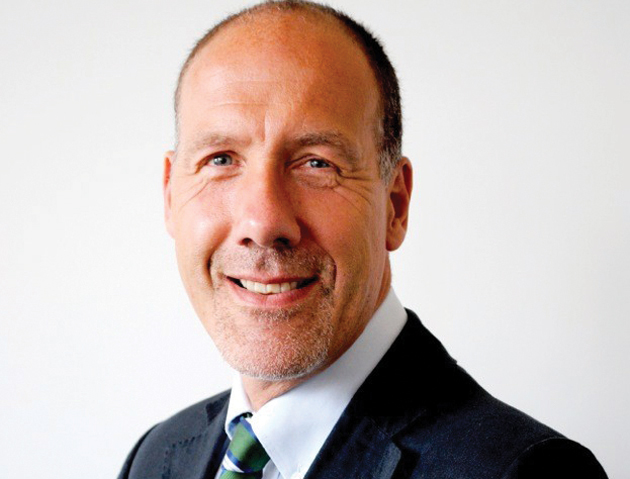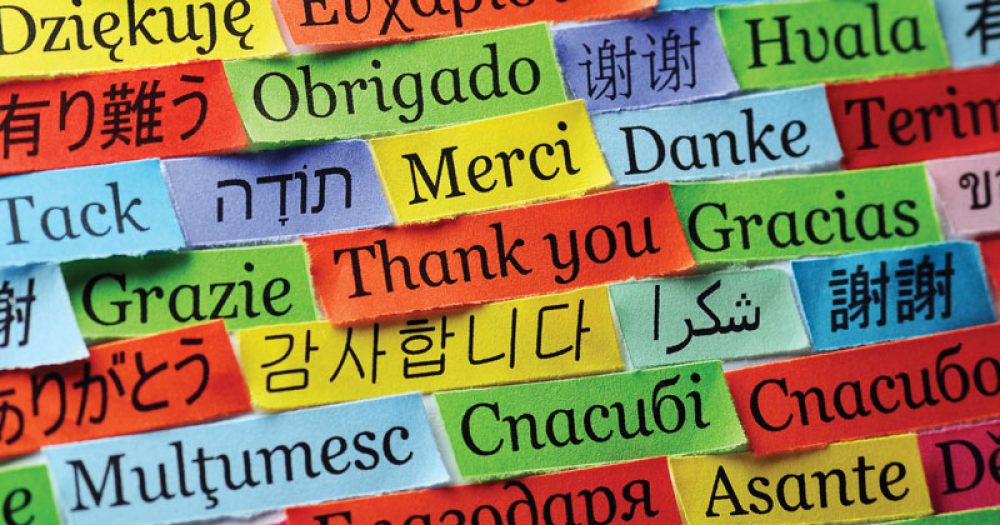Arabic is one of the top languages the British Council wants pupils to learn, even though just five per cent of schools in England teach it.
New research identifies it as the fourth most important language for future job opportunities, after Spanish, Mandarin and French.
But unlike the many secondary schools offering Spanish and French, and the government’s expansion of Mandarin over the past three years, Arabic has received relatively little attention – and teacher recruitment is a major barrier.
Very few non-Muslim children have opportunities to learn the language
The British Council wants ministers to “draw on the successful practice” of the government-funded Mandarin Excellence Programme, which trains teachers at the Institute of Education to work in both primary and secondary schools.
The Qatar Foundation International, which promotes global Arabic education, has already pledged £400,000 in funding for Arabic teaching in the UK, and has instituted a foundation teacher training course at Goldsmiths University. This is much smaller, however, than the £10 million the government spent on Mandarin teaching.
Arabic’s importance was determined by analysing job adverts, export markets and language on the internet to determine the most important languages of the future.
They found the proportion of companies citing Arabic, Mandarin and Spanish as useful for applicants had risen, while fewer demand French and German. Job adverts asking for proficiency in Arabic, Mandarin and Japanese have also overtaken demand for the previously popular Russian and Portugese over the past five years.
The Saudi Arabian economy is expected to grow faster than the Eurozone until 2020, and GCHQ is recruiting for specialists in Arabic, Russian and Mandarin.
Unlike in China, people in the 25 countries that speak Arabic tend to have “low or very low proficiency in English”, meaning language fluency is required to do business.
Nevertheless, just five per cent of secondary schools in England teach it, partly because headteachers are held back by the “considerable risk” of running the subject, said the report.
The rise in pupils learning Arabic is “almost entirely due to the expansion of Muslim faith schools”.

“Very few non-Muslim children have opportunities to learn the language,” researchers concluded.
Arabic became a GCSE subject in 1995, with 1,182 entries. By 2016, this number had nearly quadrupled to 4,211. The A-level was introduced in 2002, with 299 entries. Last year, entry had increased to around 700.
Teaching Arabic could “improve negative attitudes” towards Islam, researchers noted.
The Qatar Foundation project will involve Horton Park primary in Bradford, the Westborough School in Essex, the Anglo-European School in Essex, and another school in London.
Geoff Barton (pictured), the general secretary of the Association of School and College Leaders, said policymakers have been “slow to realise where the influential languages are”.
His union will approach the DfE with proposals for changes to primary school language learning after Christmas, he said.
It will suggest pupils learn about different cultures through a range of languages, so as to “build a real appetite” for languages by the time they enter year 7.








Your thoughts